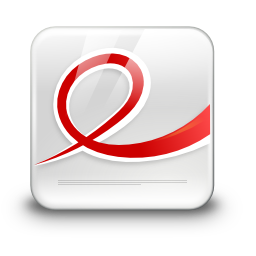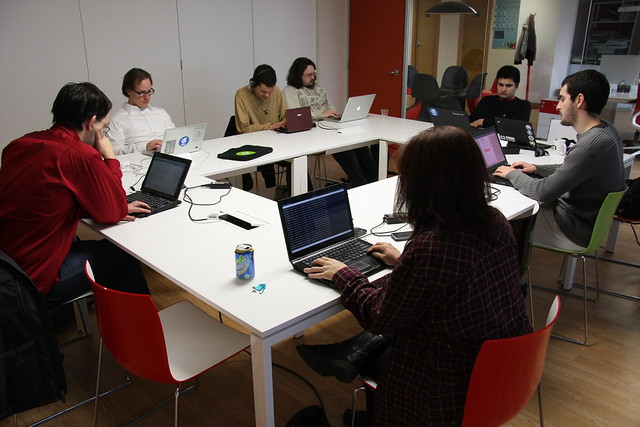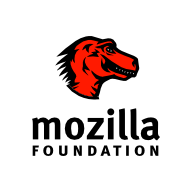The GNOME Foundation Board is happy to announce that following the Call for Bids for GNOME Accessibility Work, Igalia, a Spanish company, was selected to perform the work.
We received a great bid from Igalia with a detailed analysis of the current state of document accessibility within GNOME and a comprehensive plan to achieve the expected results. It was reviewed by a committee of volunteers who are active in GNOME’s accessibility work but who were not affiliated with any submitted proposal. The committee, composed of David Bolter, Mike Gorse, Juanjo Marín, Joseph Scheuhammer and John Walicki, made their recommendation to the Foundation’s Board of Directors which then voted to accept the bid (with the interested director recusing herself from all relevant discussion). The full bid has been published on the GNOME wiki.
“It was an honor to participate in the volunteer committee and collaborate with this group of top-notch accessibility professionals. We all agree that Igalia presented an excellent bid and we are confident that they have the knowledge and experience to successfully address accessibility support for pdfs,” said Juanjo Marín, a member of the GNOME accessibility team and Branch IT Manager for the Junta de Andalucía in the Culture and Sports Department in Cadiz, Spain.
Alejandro Piñeiro Iglesias, Carlos García Campos and Joanmarie Diggs will be the main developers working on the project. They are experienced developers in all the technologies and components involved, like Poppler, Evince, ATK, AT-SPI2 and Orca, which guarantees that GNOME Documents and Evince will get the accessibility support that many GNOME users are waiting for.
The GNOME Foundation Board would like to thank all the Friends of GNOME accessibility campaign donors and the Mozilla Corporation for funding this work.










